
4 vitamins to reverse neuropathy and damaged nerves – relieve foot & hand pain fast!
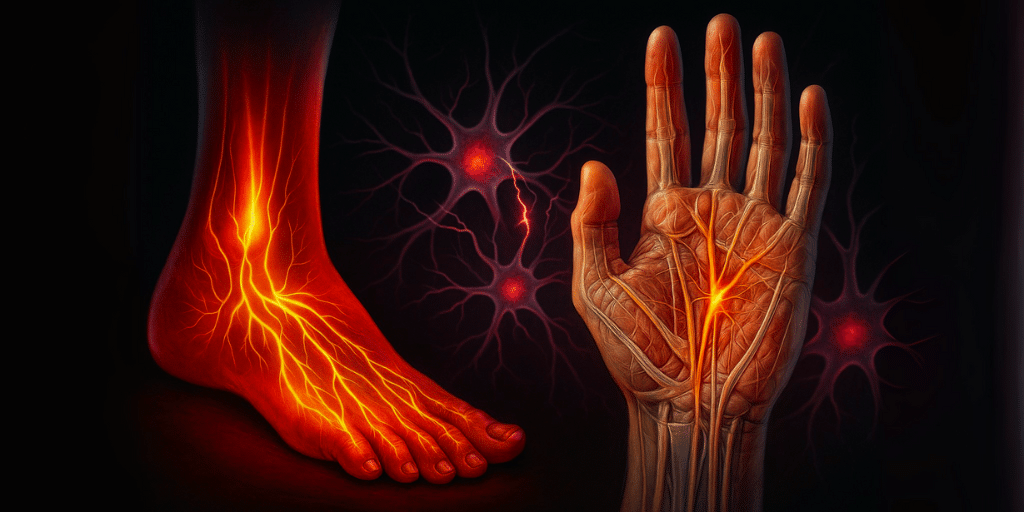
Neuropathy affects millions of people and can dramatically impact quality of life. It often shows up as burning sensations, sharp or shooting pain, tingling, electric-shock feelings, or numbness—usually in the hands and feet. This article breaks down natural ways to manage and even reverse neuropathy by strengthening your nerves from the inside out. We’ll focus on essential nutrients, lifestyle habits, and natural compounds that support nerve regeneration and reduce discomfort. Understanding why nerves become damaged is the first step toward lasting relief.
🔥 What Is Neuropathy?
Think of your nerves as a complex network of electrical cables connecting your brain and spinal cord to every part of your body. Each of these cables has a protective outer layer called the myelin sheath. This myelin covering allows electrical signals to travel smoothly, quickly, and without interruption.
But when the myelin gets damaged—due to aging, vitamin deficiencies, infections, compression, or mechanical injury—it’s like taking a knife to an electrical wire. The exposed nerve becomes irritated, confused, or overly sensitive. That’s when symptoms appear: pain, tingling, burning, loss of sensation, or changes in movement.
Neuropathy can show up in different ways:
1. Sensory Neuropathy
This affects nerves responsible for feeling. It causes symptoms like:
-
burning
-
tingling
-
stabbing or electric pain
-
numbness
-
the sensation that your feet or hands are “asleep”
2. Motor Neuropathy
This affects nerves that control movement. Symptoms include:
-
muscle weakness
-
difficulty lifting your foot or gripping objects
-
muscle wasting
-
in severe cases, temporary paralysis
Some people lose the ability to sense temperature changes, which increases the risk of burns or injuries. Others experience balance and coordination problems—not because of dizziness, but because the nerves in their feet can’t accurately sense the ground.
When doctors say peripheral neuropathy, they’re talking about nerve damage outside the brain and spinal cord, especially in the arms, hands, legs, and feet.
📌 What Causes Neuropathy?
Understanding why nerves are damaged helps you choose the right treatments. Here are the most common causes:
1. Vitamin Deficiencies
B vitamins—especially B12, B6, and B9—are essential for nerve health. Without them, the myelin sheath can deteriorate. Causes include:
-
low intake of animal protein
-
intestinal parasites that steal B12
-
digestive issues
-
certain medications
Metformin, commonly used for diabetes, and acid blockers like omeprazole can reduce your ability to absorb B12. If you take these frequently, checking your levels yearly is wise.
Too much vitamin B6, however, can actually cause neuropathy—showing that even good nutrients can become harmful in excess.
2. Nerve Compression
Chronic poor posture, repetitive movements, muscle tension, or sleeping in awkward positions can squeeze nerves.
More serious causes include:
-
spinal tumors
-
herniated discs
-
tight muscles in the neck or shoulder area
Compression neuropathy is very common for people who use computers for long hours or experience high stress.
3. Hidden Infections
Some infections silently damage nerves years after the initial exposure. One example is Treponema pallidum, the bacteria responsible for syphilis. Left untreated, it can damage nerves, cause inflammation, and even affect the brain. Fortunately, it can still be treated with penicillin—even in late stages.
4. High Blood Sugar (Diabetes)
Diabetes is one of the leading causes of neuropathy. Excess sugar in the bloodstream gradually damages nerves and reduces blood flow to them. This leads to diabetic neuropathy, which often worsens without proper blood sugar control.
5. Medication Side Effects
Besides metformin and antacids, other drugs—including high doses of vitamin B6—can trigger neuropathy. Some chemotherapy drugs also cause nerve damage, making supplementation even more important.
⚙️ Signs and Symptoms of Neuropathy
Common symptoms include:
-
Tingling or numbness: The classic “pins and needles” feeling
-
Burning pain: Often worse at night
-
Sharp, shooting pain: Like an electrical shock
-
Weakness: Trouble gripping objects, lifting your foot, or walking normally
-
Balance problems: Feeling unsteady or wobbly
Some people say it feels like walking on cotton or sand, while others describe their feet as burning, freezing, or buzzing.
⚠️ Warning Signs of Serious Neuropathy
Seek medical attention if you notice:
1. Complete Loss of Feeling
Not being able to feel pain or temperature is dangerous because it increases your risk of injuries without realizing it.
2. Significant Loss of Movement
If you struggle to move your hands, lift your feet, or perform basic tasks, this could indicate severe nerve or motor damage.
3. Persistent, Severe Pain
If the pain worsens or doesn't improve with treatments, supplements, or medication, it may signal a deeper issue.
✅ How to Treat Neuropathy Naturally
Recovery involves two priorities:
-
Give your nerves what they need to regenerate
-
Avoid the things that keep damaging them
If you continue doing what harms your nerves, the helpful supplements won’t work as well. Let's cover both sides.
➡️ Natural Compounds and Supplements for Neuropathy
1. Curcumin (from Turmeric)
Curcumin is one of the most powerful natural anti-inflammatory compounds. Research shows it helps:
-
reduce nerve pain
-
improve blood flow
-
protect nerves from oxidative stress
-
reduce chronic inflammation
How to take it:
-
Add ½ teaspoon to food or smoothies
-
Combine with a pinch of black pepper (increases absorption 2,000%)
-
Pair with healthy fats (avocado, olive oil, egg yolks)
-
Supplements: 500 mg twice daily
2. Magnesium
Magnesium supports nerve relaxation and reduces muscle tension. The best forms for neuropathy include:
-
Magnesium threonate (great for cognitive symptoms)
-
Magnesium malate (helps with muscle pain)
-
Magnesium gluconate
-
Magnesium citrate
3. B Vitamins (B12, B6, B9)
These help rebuild the myelin sheath and restore nerve function—especially if deficiency is the root cause. But avoid excessive B6, as high doses can worsen neuropathy.
4. Omega-3 Fatty Acids
Found in cold-water fish or supplements, omega-3s (EPA and DHA) reduce inflammation and support nerve regeneration. They also improve circulation, which is crucial for diabetic neuropathy.
➡️ What to Avoid (Critical for Healing)
1. Alcohol
Alcohol is directly toxic to nerves and can completely block recovery. Avoiding it is essential.
2. Sugar
High sugar levels damage nerves and blood vessels. Reducing sugar intake alone has helped many people see improvements within weeks.
3. Inflammatory Foods
Skip:
-
processed foods
-
deep-fried foods
-
seed oils
-
margarine
-
trans fats
-
chemical-laden snacks
These foods create chronic inflammation and worsen nerve pain.
4. High-Sodium Packaged Foods
Salt-heavy foods create swelling, increasing pressure on already damaged nerves.
5. Allergenic Foods
If your body reacts to certain foods—like gluten, dairy, or soy—it triggers whole-body inflammation. Identifying food sensitivities can dramatically reduce nerve irritation.
Final Thoughts
Neuropathy may feel overwhelming, but it’s often reversible—especially when addressed early. By giving your nerves the nutrients they need, improving gut health, managing blood sugar, and avoiding nerve-damaging habits, many people experience dramatically reduced symptoms and better function over time.
News in the same category


14 Warning Signs of Low Magnesium Levels and What to Do About It (Science Based)

Top 10 Foods to Heal Knee Pain and Boost Cartilage Naturally
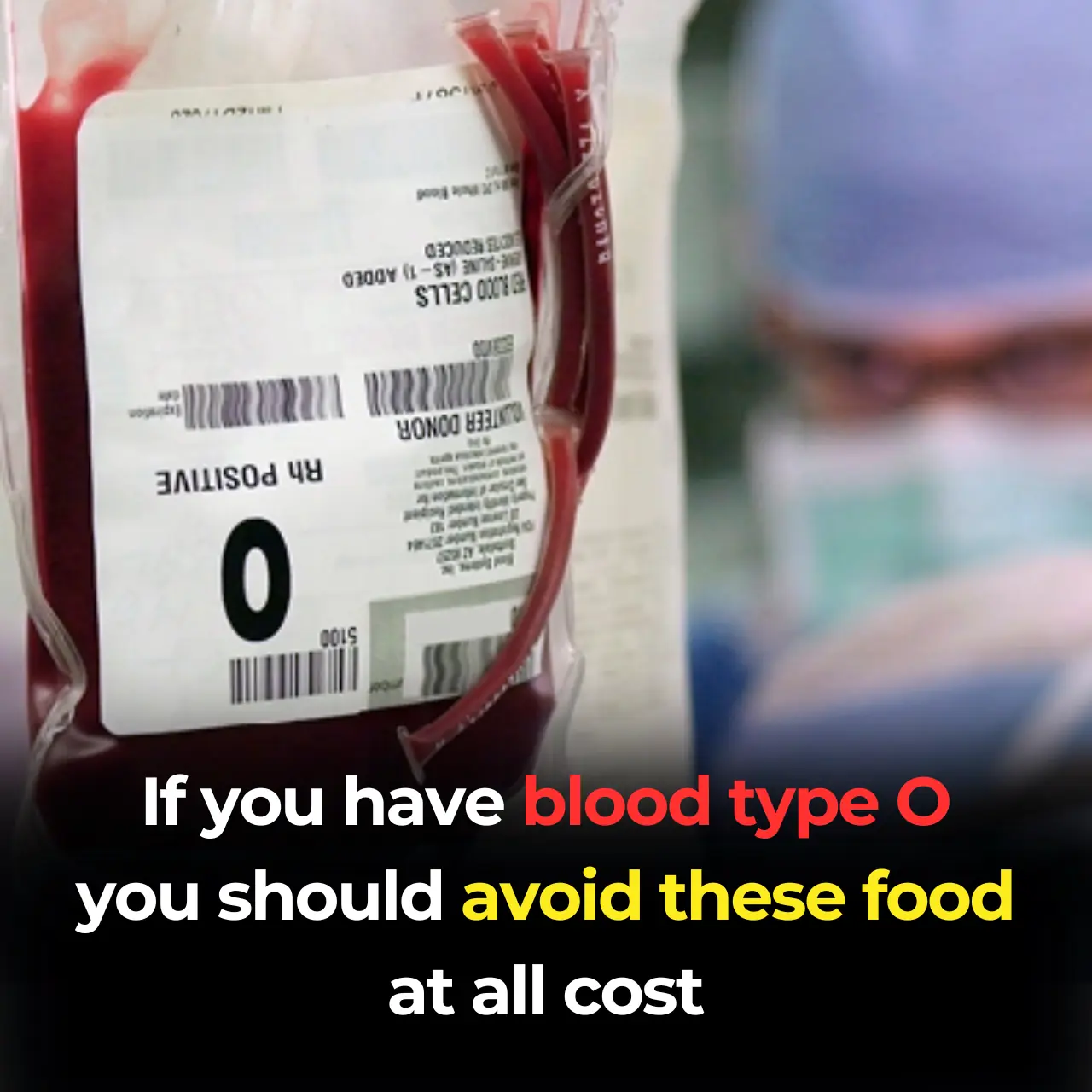
Blood Type O Diet: What to Eat and What to Avoid

7 nutrients that actually repair nerves

This one vitamin could help stop you from waking up to pee every night

The Cold Room Sleep Trick That Can Transform Your Health

Why You Keep Waking Up at Night

Research reveals the #1 vitamin for eye protection
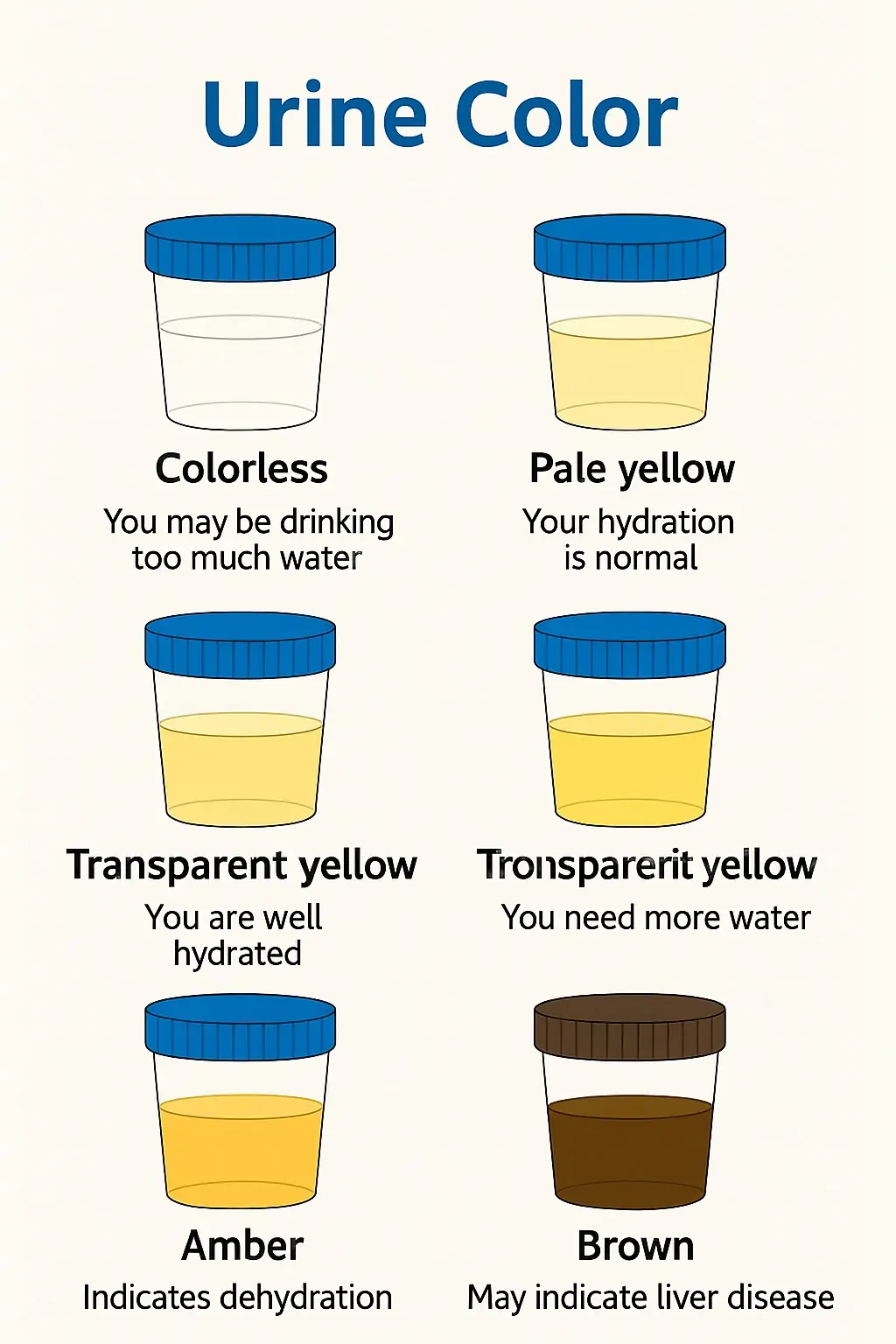
What Your Urine Color May Be Telling You (Gently & Naturally)
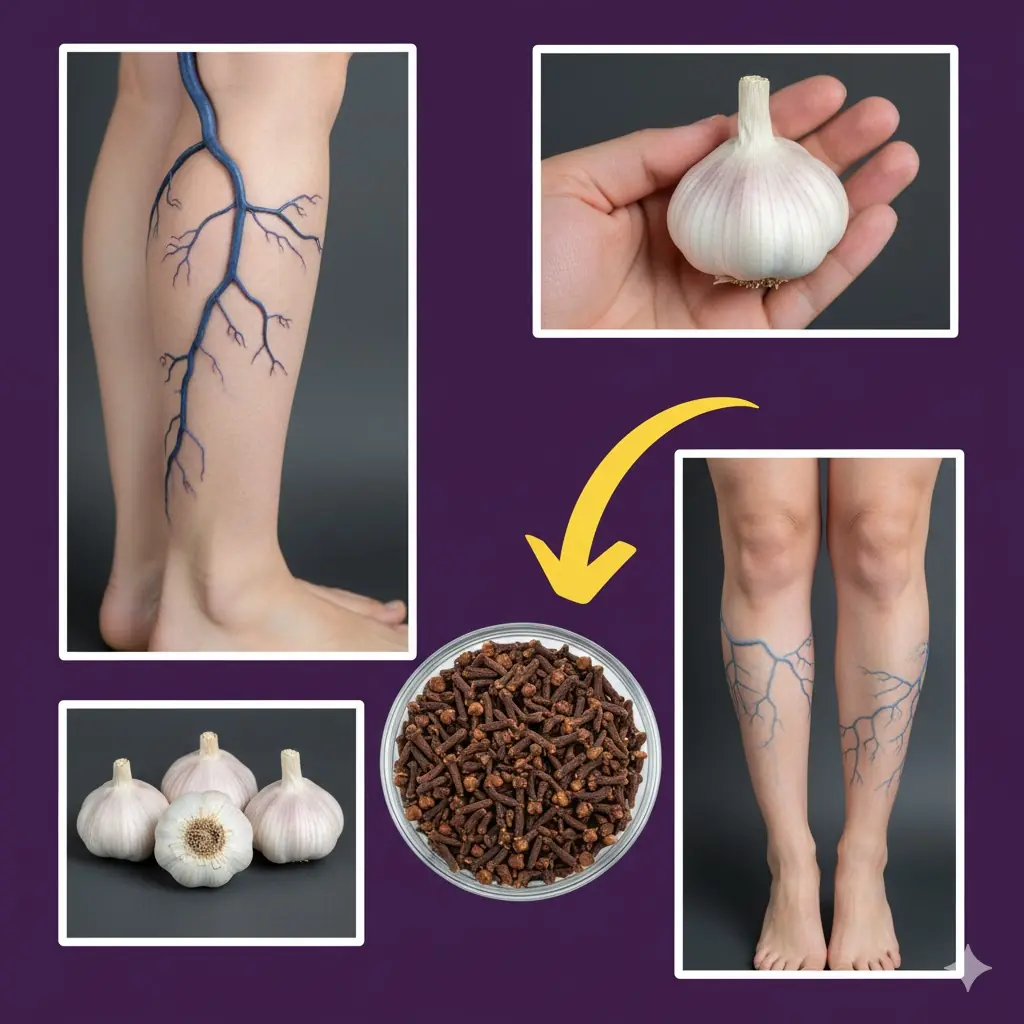
Soothe Leg Pain Naturally: Garlic & Clove Remedy for Joints, Circulation, and Comfort

Eat Garlic — But Avoid This Common Mistake! | 95% of People Don’t Know This Simple Trick

Home Remedies For Kidney Stones – 21 Remedies For Effective Pain Relief
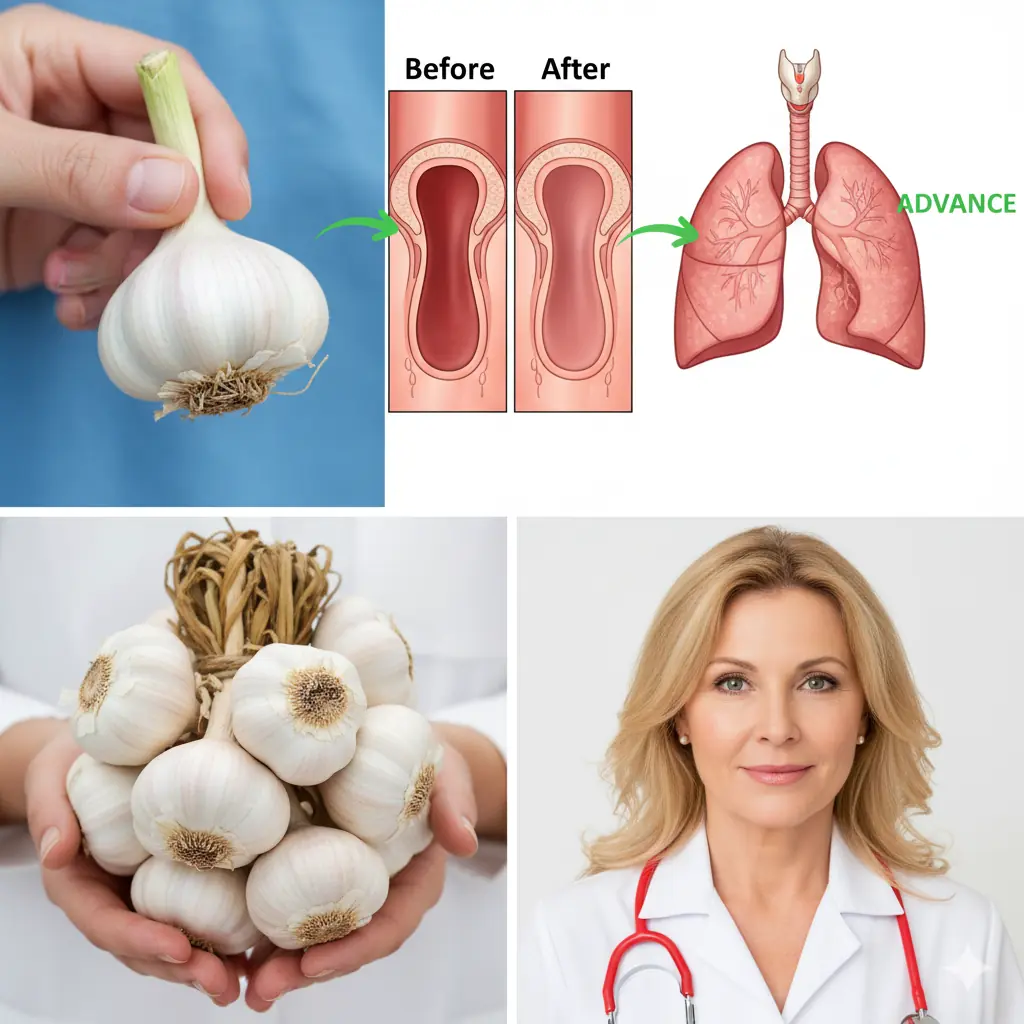
Eat One Clove of Garlic Every Morning on an Empty Stomach – and Watch These 12 Health Benefits Unfold!

Public Health Experts Stress Vaccination as Key to Preventing Severe and Long COVID
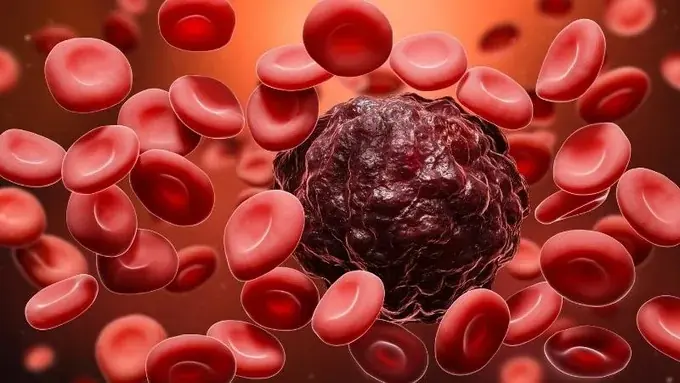
People who are about to be affected by cancer often show three unusual signs in the neck; even having just one of them can be a warning for your health

8 Amazing Foods To Clean Out Your Toxic Liver

Stem Cell Breakthrough Offers New Hope for Reversing Diabetes in Early Human Trials
News Post

How I Exp0sed My Husband’s Li es: A Cheating Anniversary He'll Never Forget

THE CAT THAT BR0KE ALL THE RULES: A POLICE OFFICER'S UNEXPECTED MISSION

Mullein: Exploring the Benefits of Leaves, Flowers, and Roots

Airport X-Ray Scanners Upgrade: Shocking Level of Details

From White Hair to Naturally Darker Hair: Fast Home Remedies & Growth Tips

Teen told he just had ‘growing pains’ dies day after diagnosis

7 Ways To Use Vaseline For Wrinkle Free, Flawless Skin

EVERYTHING JAMES FRANCO SAID ABOUT BEING ‘CAST OUT’ FROM HOLLYWOOD DURING HIATUS

The #1 seed that makes bones & muscles strong—how to use it!

14 Warning Signs of Low Magnesium Levels and What to Do About It (Science Based)

Strictly Come Dancing star eliminated from competition on their birthday

Top 10 Foods to Heal Knee Pain and Boost Cartilage Naturally

Blood Type O Diet: What to Eat and What to Avoid

7 nutrients that actually repair nerves

Coronation Street's Lucy Fallon shows off huge ring as she announces engagement

MAFS UK’s ‘strongest’ couple split after romantic display at reunion

The Versatility and Benefits of Orange Peel Powder

The Hidden Power of the Honey Locust Tree (Gleditsia triacanthos): Health, Healing, and Everyday Uses

This one vitamin could help stop you from waking up to pee every night
